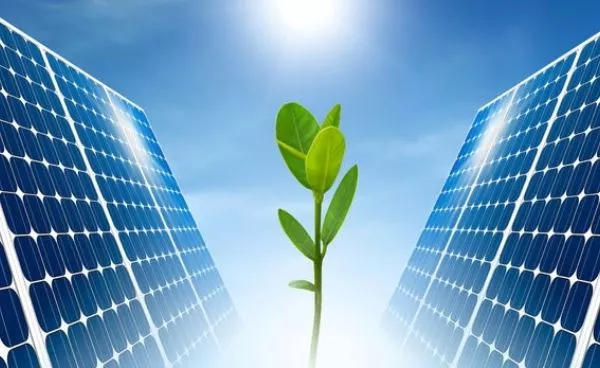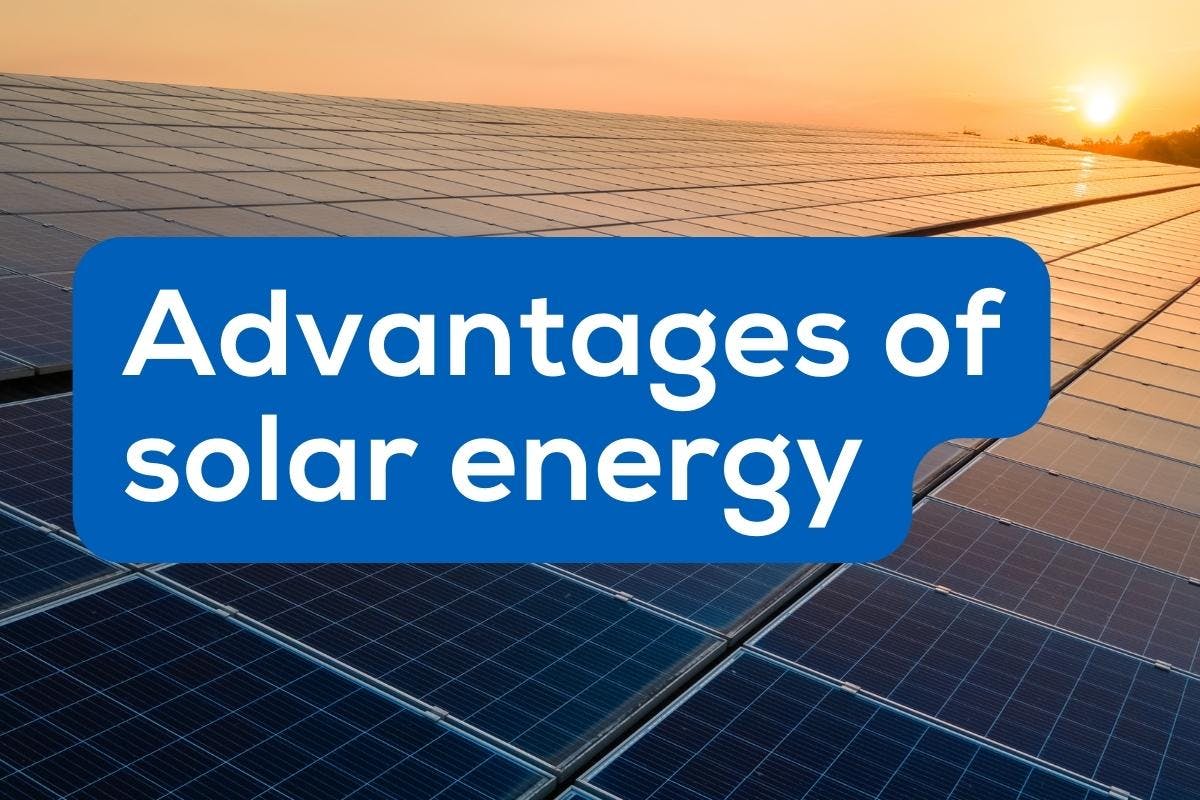Count on Simply Solar Illinois for Skilled Solar Panel Services
Exactly How Solar Power Can Help You Save Money and Lower Your Carbon Footprint
The assimilation of solar power into your power portfolio presents a compelling opportunity for both financial cost savings and environmental stewardship. By harnessing the sun's power, homeowners can dramatically reduce their month-to-month utility expenditures while also securing versus the changability of future energy expenses. The shift to solar contributes to a marked reduction in carbon emissions, straightening individual financing with wider eco-friendly objectives. As numerous government rewards come to be offered, the concern arises: exactly how can one efficiently navigate the preliminary financial investments and recurring benefits of solar innovation to take full advantage of both financial and environmental gains?
Recognizing Solar Energy Financial Savings
While the shift to solar power commonly involves a first financial investment, understanding solar power savings is critical for homeowners and companies alike. Solar energy systems can considerably decrease electrical power expenses by harnessing the sunlight's power, translating right into substantial long-term financial advantages. By creating their very own electrical energy, users decrease dependence on grid power, which goes through fluctuating costs. These financial savings can accumulate gradually, often causing a quick return on investment.
Additionally, solar power systems may get approved for numerous economic incentives, consisting of tax debts and discounts, further enhancing their cost-effectiveness. The availability of web metering permits individuals to market excess energy back to the grid, producing an added revenue stream. These aspects add to the total savings associated with solar power.

In enhancement to guide financial financial savings, solar power uses the added benefit of raising residential or commercial property value. Houses outfitted with photovoltaic panels are commonly extra attractive to buyers, as they promise reduced energy costs - Simply Solar Illinois. Understanding these elements is necessary for anyone considering solar energy, as it highlights not simply the potential monetary gains, but additionally the wider environmental and financial benefits of taking on sustainable power services
Initial Prices vs. Long-Term Advantages
When evaluating solar energy, it is essential to weigh the preliminary costs against the lasting benefits. The in advance financial investment for photovoltaic panels, installment, and relevant equipment can be substantial, frequently varying from $15,000 to $30,000, depending upon the system dimension and home power needs. This first expense might prevent some home owners; nevertheless, it is crucial to think about the prospective financial savings with time.
When mounted, solar energy systems can dramatically minimize or perhaps remove month-to-month electrical energy expenses, bring about significant long-term economic benefits. Researches indicate that homeowners can save anywhere from $10,000 to $30,000 over the life-span of their planetary system, usually 25 years. Furthermore, lots of states offer rewards, tax credit scores, and discounts that can offset preliminary costs, making solar more available.

Reducing Your Carbon Impact
Lowering your carbon impact is a critical factor to consider in today's eco conscious society, and adopting solar energy is one of the most reliable strategies to attain this goal. Solar energy is a clean, sustainable source that dramatically decreases reliance on fossil gas, which are significant contributors to greenhouse gas discharges.

Furthermore, the widespread fostering of solar technology urges the development of environment-friendly tasks and sustains advancements in power storage and performance. The even more people and companies purchase solar energy, the higher the collective decrease in carbon exhausts, cultivating a cleaner ambience for future generations.
Federal Government Rewards and Discounts
Embracing solar energy not only benefits the setting however can likewise result in considerable financial savings, especially with the availability of government incentives and rebates. Various government, state, and local programs are created to urge homeowners and organizations to purchase solar power systems, making the transition a lot more inexpensive.
Among one of the most prominent incentives is the Federal Financial Investment find this Tax Credit Report (ITC), which enables solar system proprietors to deduct a considerable percent of the setup expenses from their government tax obligations. This reward has actually been essential in reducing the in advance costs related to solar power systems. Additionally, lots of states use their very own tax credit scores, gives, and rebates that can further boost cost savings.
Additionally, some regional governments supply property tax obligation exceptions for solar setups, making certain that home owners do not face enhanced real estate tax as an outcome of their eco-friendly energy financial investments. Utility companies might likewise use motivations, including web metering and feed-in tariffs, which enable solar energy individuals to market excess power back to additional resources the grid.
Choosing the Right Planetary System
Picking the ideal solar system is essential for optimizing energy efficiency and economic advantages. The choice depends upon several variables, consisting of power demands, budget plan, and available area. Property owners ought to begin by assessing their electrical energy usage to figure out the system size needed for optimal performance.
Following, think about the various sorts of solar technologies available. Simply Solar Illinois. Solar (PV) panels are one of the most typical, converting sunshine directly into electrical energy, while solar thermal systems concentrate on heating water. Each type has distinctive advantages relying on specific requirements
Spending plan factors to consider are likewise paramount. Preliminary installation prices can differ significantly, so it is necessary to compare quotes from multiple providers and explore funding alternatives. Federal government incentives and refunds can even more lower the monetary concern, making planetary systems much more easily accessible.
Verdict
The environmental benefits of solar energy add to sustainable methods essential for combating climate adjustment. Federal government incentives enhance the feasibility of solar modern technology fostering, motivating a transition towards a cleaner, extra economically effective energy resource.